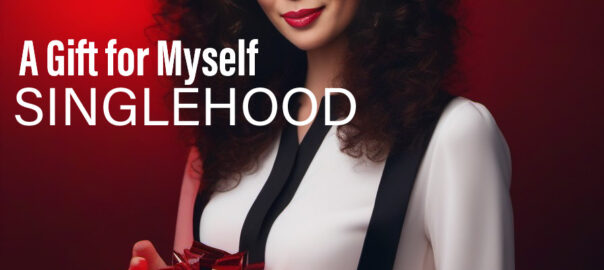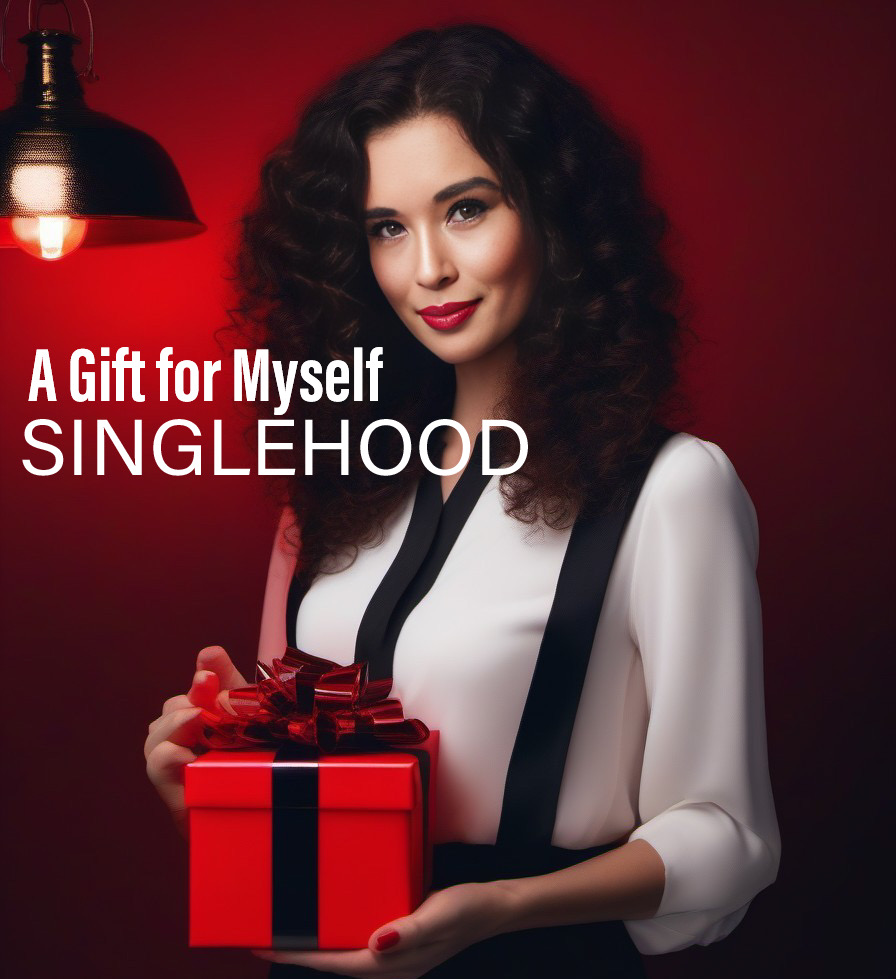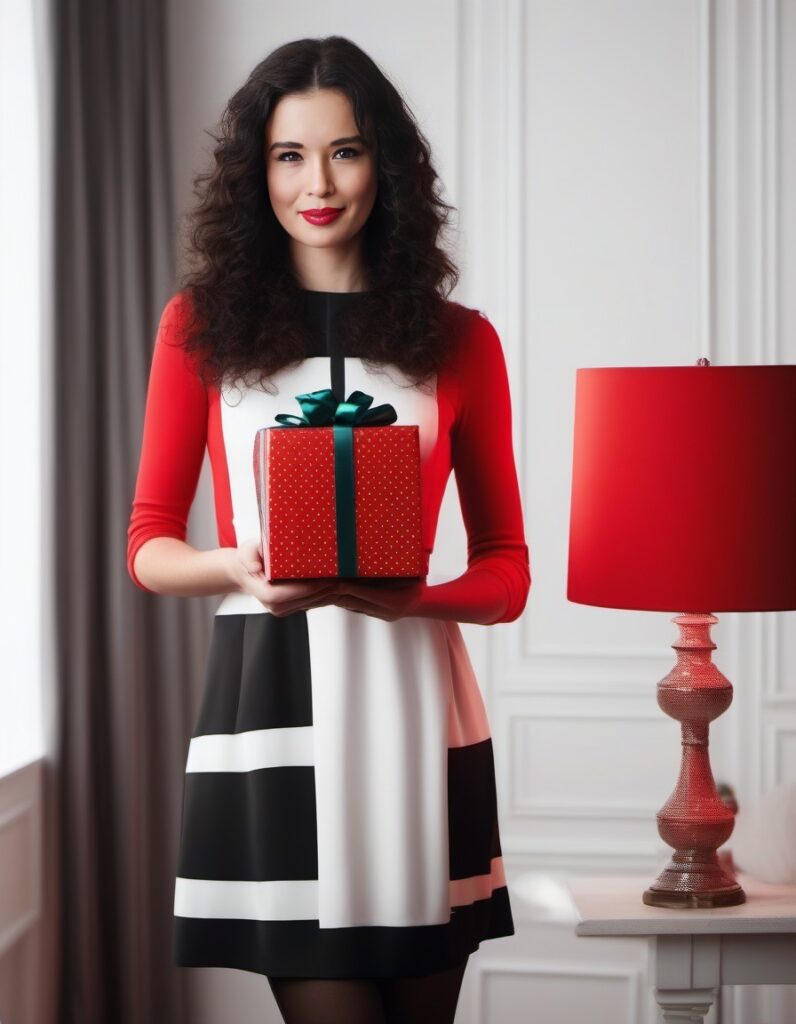
Have you been on a dating app lately? I have.
Not because I’m looking for love—I’m perfectly content with my tea, my books, and my quiet evenings—but out of sheer curiosity. I wondered: What happened to all those single guys I swiped left on six years ago? Are they still out there, hopeful and swiping, or have they finally found “the one” and retired their profiles?
So, I resurrected my long-forgotten profile, complete with outdated photos and a quirky bio, purely for investigative purposes. And wow, let me tell you—Tinder did not disappoint. Within moments, I was greeted with the usual suspects: gym selfies, shirtless mirror photos, men holding fish, and the obligatory “I’m just a nice guy looking for a real connection.”
But this time, there was a new layer of visual bragging: “Check out my summer house, my Tesla, my Rolex, and my grand vacation in the Maldives.” Swipe after swipe, I was bombarded with pictures of perfectly staged lives, like their profiles were competing for an award on HGTV: “Best Overcompensation in a Dating App Bio.” I could practically hear the humblebrag captions:
• “Here’s my minimalist living room… with an obvious Rolex in the frame.”
• “This is me next to my Tesla. No big deal.”
• “Just a casual summer at my beach house in the Hamptons.”
Then came the kicker: the phrase I saw repeated like some kind of dating app mantra—“No Drama Please.”
At first, I laughed. Then I rolled my eyes. And then I thought: “Why do so many of these guys feel the need to explicitly say this?” Are they all veterans of chaotic breakups and feel the need to declare their aversion to anything resembling emotion? Did they all attend some kind of seminar titled “How to Attract Women While Subtly Making Them Feel Defensive?”
And then it hit me. This wasn’t a green flag. It wasn’t even a neutral statement. “No Drama Please” screamed red flag—and not just because it was so common. The phrase carried a deeper undertone, one that begged to be unpacked. Because if there’s one thing I’ve learned about people who loudly declare they want to avoid drama, it’s this: they’re often the ones creating it.
What “No Drama” Really Means
1. Avoiding Accountability:
When someone declares they want “no drama,” it’s often code for “I don’t want to take responsibility for my actions.” It translates to:
• “I don’t want to deal with emotions, even when they’re valid.”
• “If there’s conflict, it’s automatically your fault, not mine…… definetely DRAMA”.
Instead of acknowledging that relationships naturally come with complexities, it’s a way to sidestep personal growth or meaningful connection.
2. Emotional Unavailability:
“No drama” can also mean: “I want a relationship, but only if it’s easy, fun, and doesn’t require me to show up emotionally.” These individuals are happy to enjoy the highs of a connection but are likely to check out at the first sign of difficulty.
3. Projecting Past Baggage:
Declaring “no drama” is often a subtle confession: “I’ve been in messy relationships before, and I’m still carrying that baggage.” Rather than working through those experiences, they slap a label on everyone else as the problem.
4. Mislabeling Emotions as Drama:
Sometimes “drama” is just a term for emotional expression. People who write “no drama” in their bios might dismiss healthy communication or emotional needs as “too much.”
Why This Phrase Is So Common
• Cultural Fear of Vulnerability:
In today’s swipe culture, many people prefer to keep things light. Vulnerability is often mistaken for weakness or “drama,” so it’s easier to set an expectation that emotions are unwelcome.
• Social Media Image-Building:
Posing next to a Tesla or on vacation in the Maldives, while adding “no drama” to your profile, creates the illusion of a polished, conflict-free life. It’s all about curating an image—one that might crumble the moment things get real.
• Dating App Exhaustion:
Many people have had frustrating experiences online—ghosting, mismatches, or toxicity. “No drama” might stem from a genuine desire to avoid chaotic situations but ends up sounding like a warning sign instead.
Why “No Drama” Is a Red Flag
1. It Reflects Emotional Immaturity:
Relationships require work, communication, and sometimes conflict resolution. Someone who proclaims “no drama” might be avoiding emotional depth altogether.
2. Drama Is Subjective:
What one person calls “drama” might actually be normal relationship challenges. If someone labels emotions or valid concerns as drama, it could be a sign of dismissiveness or even gaslighting.
3. They Might Be the Source of Drama:
Ironically, people who declare they hate drama often create it. They’re quick to avoid accountability, deflect blame, or exaggerate minor issues.
What to Ask Yourself When You See “No Drama Please”
1. “What does drama mean to them?”
Is it a valid boundary, or are they avoiding responsibility for their own actions?
2. “Why do they feel the need to announce this?”
Are they addressing unresolved baggage, or is it just a phrase they picked up to sound appealing?
3. “Do I want a connection with someone who avoids emotional challenges?”
…. Just a thought
The next time you see “No Drama Please” on a dating profile, pause for a moment. Instead of being a green flag, it might just be a giant neon sign that reads: “Proceed with caution.” Because in the world of Teslas, beach houses, and curated Instagram-worthy lives, the true red flag isn’t the fish photo—it’s the one who’s already decided they can’t handle the real emotions that come with genuine connection.
So, would you swipe left or give them the benefit of the doubt? Let’s talk about it.




